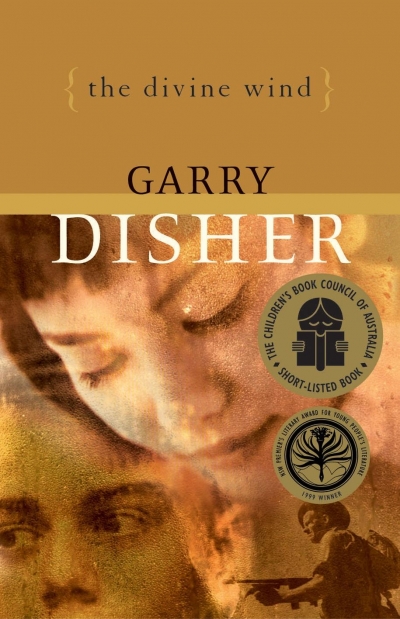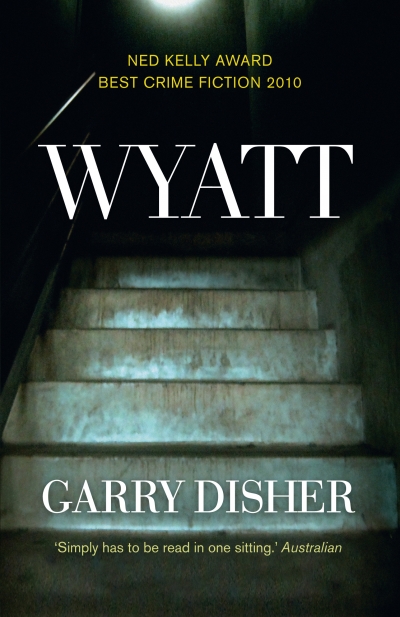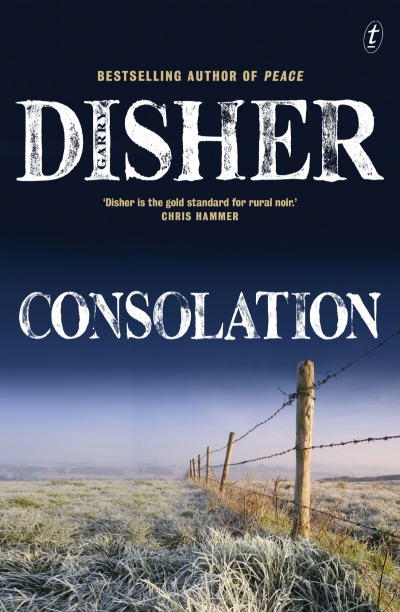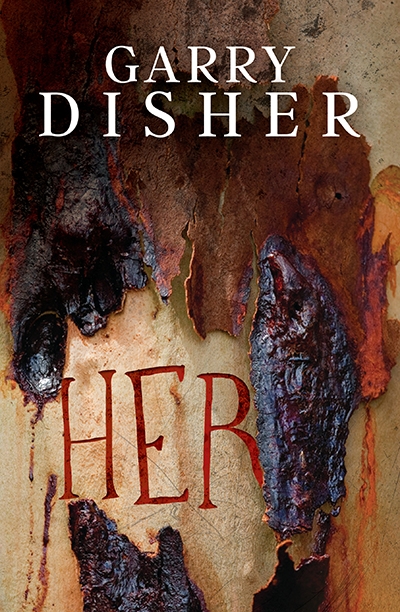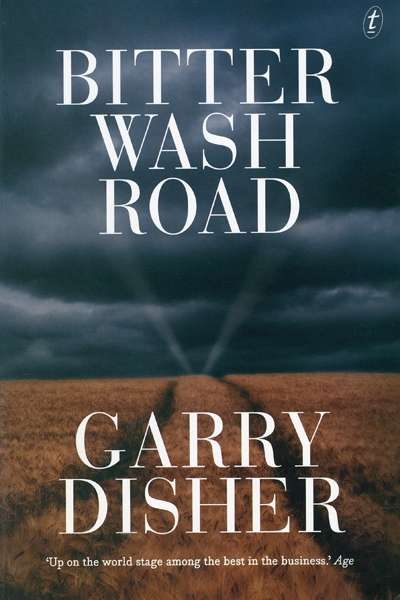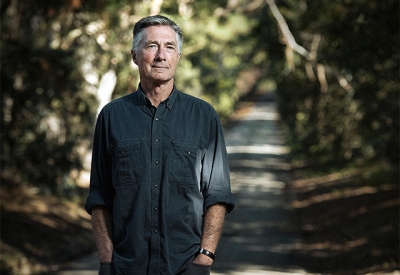Garry Disher
These are exciting times when the new normal for Australian crime fiction is strong domestic interest and sales, but also international attention in the form of Australian-only panels at overseas writers’ festivals, plus regular nominations and awards in Germany, the United States, and the United Kingdom. Whether this is a literary fad or sustainable in the long term – with Australian crime fiction becoming a recognisable ‘brand’ in the manner of Scandi-noir or Tartan-noir – will depend largely upon the sustained quality of the novels produced here.
... (read more)Last year in New York, I visited the Mysterious Bookshop, Manhattan’s only bookstore specialising in crime fiction. The otherwise knowledgeable bookseller had heard of three Australian crime novelists: Peter Temple, Garry Disher, and Jane Harper ...
... (read more)A generation living in peacetime is inclined to devalue the identity and place of soldiers. In Australia, active soldiers have been maligned as meddlesome interlopers in ...
... (read more)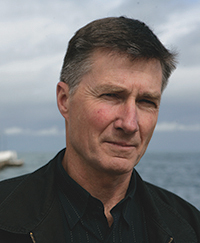 Garry Disher is an author of crime fiction and children’s literature.
Garry Disher is an author of crime fiction and children’s literature.
He graduated with a Masters degree in Australian History at Monash University, and was awarded a creative writing fellowship to Stanford Univ ...
When not preferring silence, I like to listen to Leonard Cohen and Emmylou Harris, but a friend recently introduced me to the early music ensemble, Accordone (Marco Beasley and Guido Morini).
... (read more)
